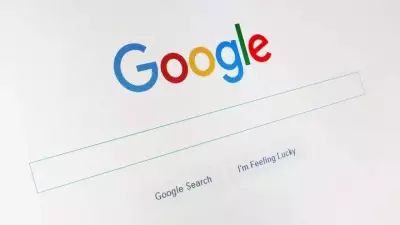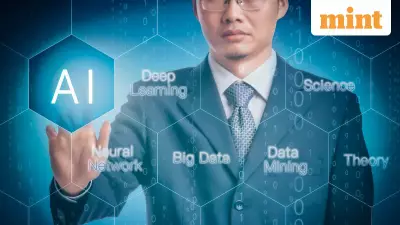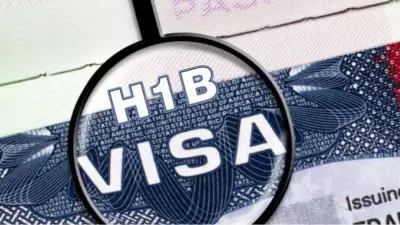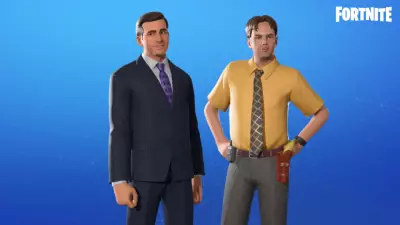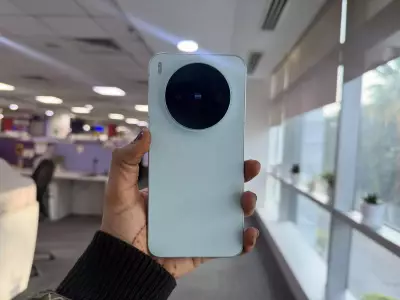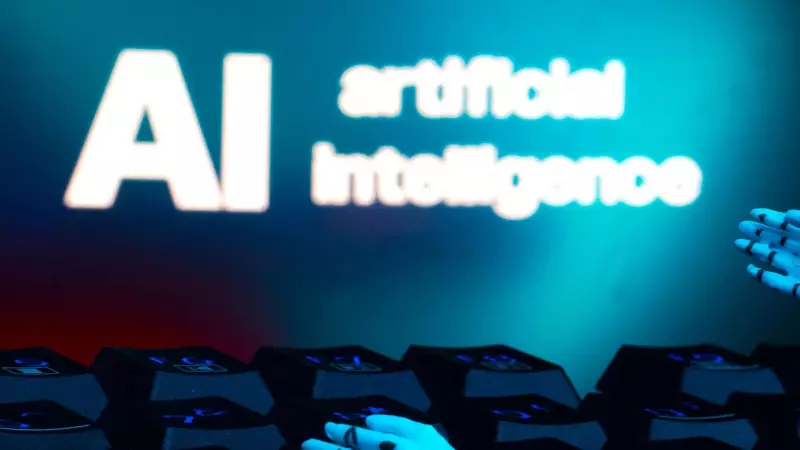
In a dramatic move that's sending shockwaves through the technology world, Apple co-founder Steve Wozniak has joined forces with prominent scientists, tech executives, and AI researchers to demand an immediate pause on developing artificial intelligence systems more powerful than GPT-4.
The Growing Coalition Against Unchecked AI
The call for a temporary halt comes as part of an open letter organized by the Future of Life Institute, signed by over 1,800 experts including Elon Musk and numerous AI researchers from leading institutions. The signatories represent a growing concern within the scientific community about the breakneck speed of AI advancement without adequate safety protocols.
Why the Urgent Call for a Pause?
The letter outlines several critical concerns driving this unprecedented demand:
- Existential risks to humanity from uncontrollable super-intelligent systems
- Potential mass displacement of human workers across multiple industries
- Spread of misinformation and propaganda at an unprecedented scale
- Development of non-human minds that could eventually outperform humans
The Proposed Moratorium Details
The signatories are calling for an immediate pause of at least six months on all AI experiments involving systems more advanced than GPT-4. This temporary halt would allow researchers, developers, and policymakers to:
- Develop and implement comprehensive AI safety protocols
- Create robust auditing and certification systems
- Establish regulatory authorities with oversight powers
- Address the profound economic and political disruptions AI might cause
Industry Reactions and Implications
The technology sector is divided on this issue. While many researchers support the pause, major AI labs including OpenAI, Google, and Anthropic continue their rapid development of increasingly powerful systems. The letter specifically calls on these companies to voluntarily participate in the moratorium, suggesting that if they refuse, governments should intervene with legislation.
This development marks a significant moment in the AI safety debate, with one of technology's most respected pioneers adding his voice to concerns about humanity's ability to control the very intelligence it creates.

